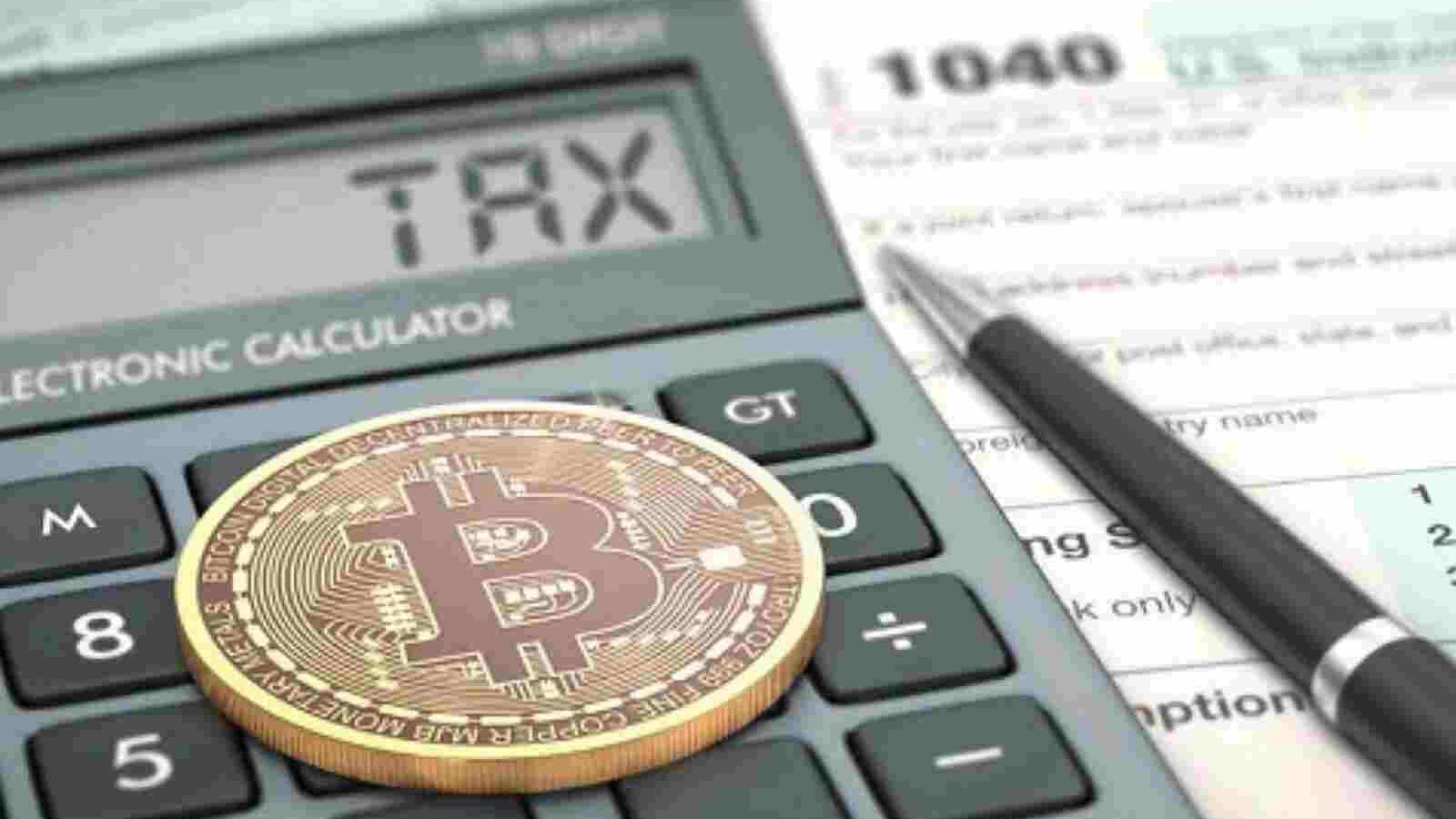
Taxing Cryptocurrencies: A Working Paper
A new provision to levy income tax on transactions involving virtual digital assets (including cryptocurrencies) was introduced through the Finance Act, 2022. While the new framework is a significant step in the right direction to bring clarity with respect to taxation of cryptocurrencies, there are still several open-ended issues within the framework. Additionally, there is yet no clarity on the treatment of cryptocurrencies under the GST regime. Accordingly, keeping in mind the salient features of cryptocurrencies and a detailed analysis of the international jurisprudence on the issue, this working paper recommends the following key actionable points:
Income-tax Act, 1961
- Amend the 30% tax regime: The new framework levies a uniform tax rate on all transfers of cryptocurrency, irrespective of the nature of the cryptocurrencies held. Hence, this regime steps away from the settled principles of tax law wherein a clear distinction has always been maintained between the transfer of capital assets and stock-in-trade. Accordingly, the 30% tax regime should be amended and cryptocurrency should be taxed on a use-case basis. A similar approach is followed by other jurisdictions such as the UK, USA, Australia etc. Further, where the intention is to curb certain kinds of transactions, a specific tax rate for such transactions can be levied as opposed to levying a high rate of tax on all types of cryptocurrency transfers.
- Modify the withholding tax (WHT) provision: The WHT obligation under the new framework requires a buyer to deduct tax on all transactions. This will have a significant adverse impact on the liquidity in the cryptocurrency ecosystem. Given that the intention behind a WHT provision is to ensure tax compliance, it should be swapped with some form of record keeping or return filing. This will serve the dual purpose of ensuring compliance while not affecting the industry as well as the treasury.
- Clarify valuation mechanism: An important criterion for levying any tax is to have a valuation mechanism in place. However, the new framework does not enlist factors that should be considered to value cryptocurrencies and accordingly compute the tax. Therefore, the valuation mechanism should be clarified. Reliance in this regard can be placed on the valuation mechanism adopted by the USA.
Central Goods & Services Tax, 2017
- Clarify whether cryptocurrency qualifies as “money” or “goods”. If cryptocurrencies constitute “goods”, then the definition of “goods” under the CGST Act should be amended to include cryptocurrencies within its scope.
However, several issues would emanate from classifying cryptocurrencies as goods under the GST law. For instance, given that the GST mechanism is essentially based on identifying the place of supply of a good, ascertaining the location of decentralized and pseudo-anonymous cryptocurrency transactions would be difficult. Similarly, in cases such as block rewards and pre-mine drops, ascertaining the two parties involved would be challenging.
- Accordingly, cryptocurrencies should be treated at par with money for the limited purposes of the GST law. This approach will foster neutrality, simplicity, transparency, and certainty in the framework.





